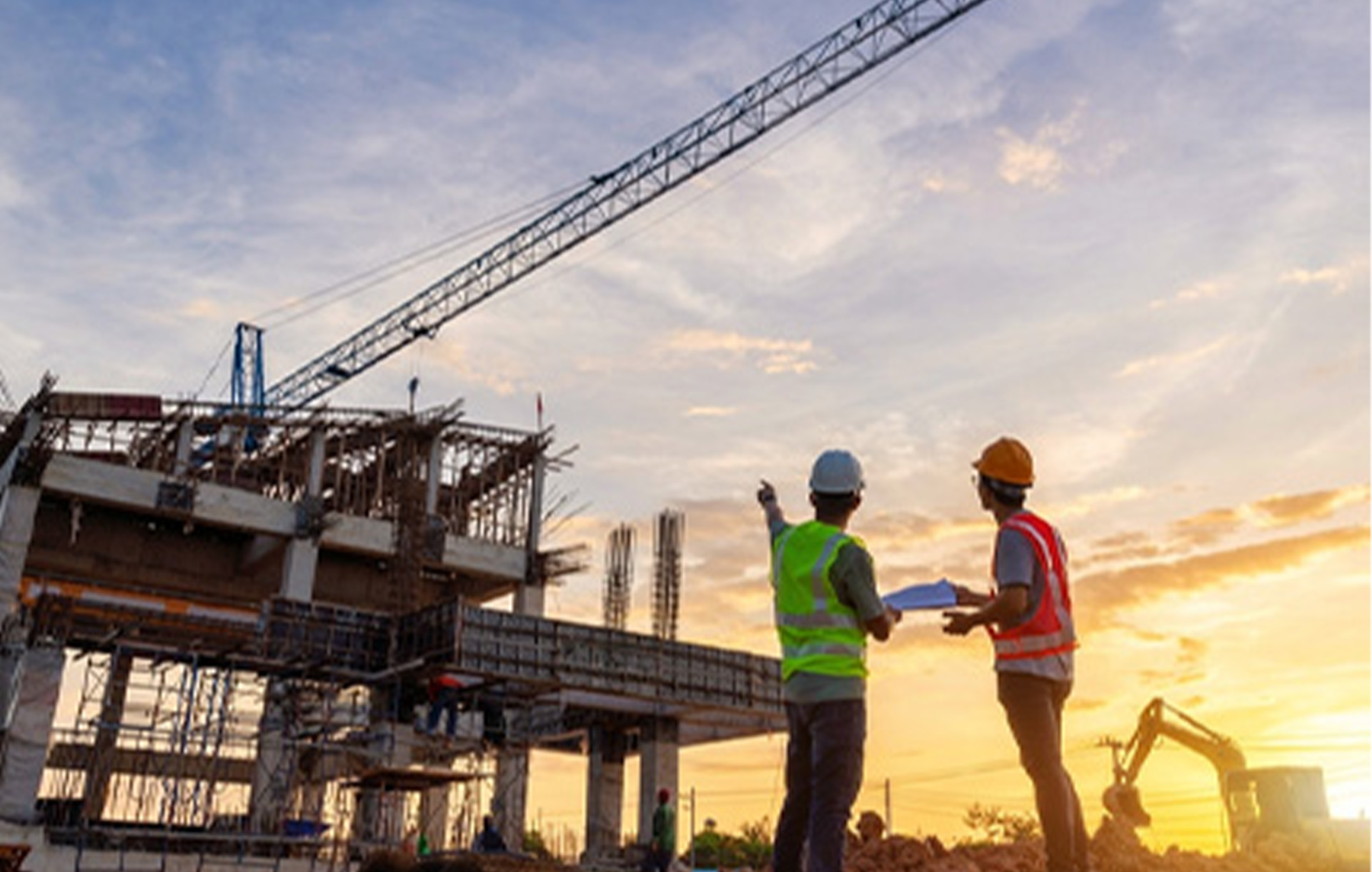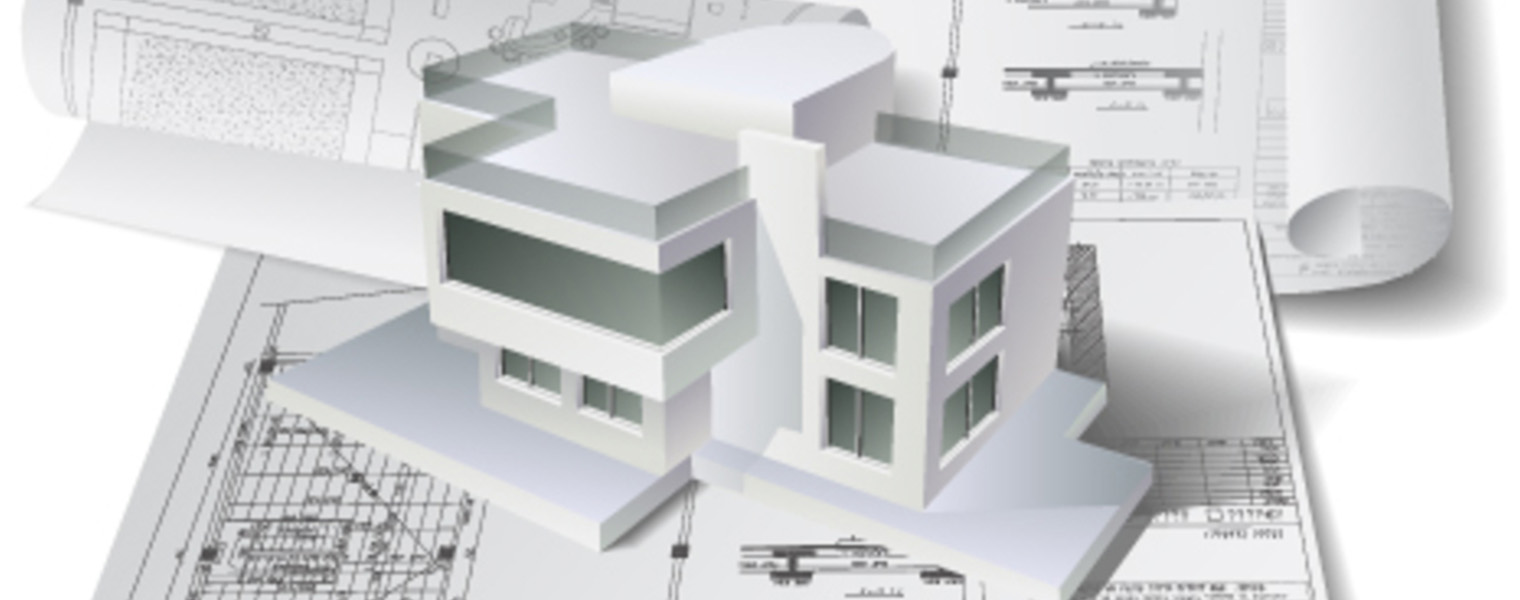Construction projects are complex endeavors that require meticulous planning, coordination, and execution to achieve successful outcomes. The role of project management in the construction industry is crucial, acting as a driving force that streamlines the entire process. With the ever-increasing complexity of modern construction projects, efficient project management has become the backbone of construction excellence. In this blog, we will explore the significant role that project management plays in streamlining construction projects and ensuring their successful completion.
Effective Planning and Resource Management:
Project management lays the foundation for a successful construction project through effective planning and resource management. From the outset, project managers work closely with stakeholders to define project objectives, establish a realistic timeline, and allocate resources efficiently. This involves identifying potential risks and challenges, developing contingency plans, and establishing clear communication channels to address any roadblocks that may arise during the construction process. By creating a comprehensive project plan, project managers set the stage for smooth and organized project execution.
Seamless Coordination and Collaboration:
The construction industry is highly collaborative, with multiple teams and stakeholders working together towards a common goal. Project managers act as the central hub, ensuring seamless coordination and collaboration among all parties involved. They facilitate effective communication, promote teamwork, and foster a culture of collaboration, where everyone’s expertise contributes to the project’s success. With real-time access to project data, project managers can identify potential clashes, resolve conflicts, and maintain a unified vision throughout the project lifecycle.
Cost Control and Budget Management:
Effective project management is essential for controlling costs and managing budgets in construction projects. Project managers closely monitor project expenditures, track costs against the budget, and identify areas where cost-saving measures can be implemented. By staying vigilant in cost control, project managers prevent budget overruns and ensure that the project remains financially viable. This financial discipline is crucial in meeting the client’s expectations and delivering a project that meets all the required specifications.
Risk Mitigation and Issue Resolution:
Construction projects are inherently subject to various risks and uncertainties. Project managers play a critical role in identifying potential risks, evaluating their impact on the project, and implementing strategies to mitigate them. By proactively addressing risks, project managers minimize the likelihood of delays, disruptions, and costly rework. Furthermore, they act swiftly to resolve issues as they arise, making informed decisions to keep the project on track and within the established timeline.
Continuous Monitoring and Quality Assurance:
Throughout the construction process, project managers continuously monitor progress and quality, ensuring that the project adheres to established standards and meets the client’s expectations. Regular inspections, quality checks, and performance evaluations are conducted to ensure that the construction aligns with the approved plans and specifications. Project managers enforce a culture of excellence, where quality is never compromised, and deliverables meet the highest standards of workmanship.
The role of project management in streamlining construction projects cannot be overstated. From effective planning and resource management to seamless coordination, cost control, risk mitigation, and quality assurance, project managers drive construction projects towards successful completion. Their ability to navigate complexities, foster collaboration, and maintain a clear focus on objectives ensures that construction projects are executed efficiently and to the satisfaction of all stakeholders. As construction projects become increasingly intricate, the expertise and guidance of skilled project managers are essential to achieving construction excellence and delivering projects that stand the test of time.








